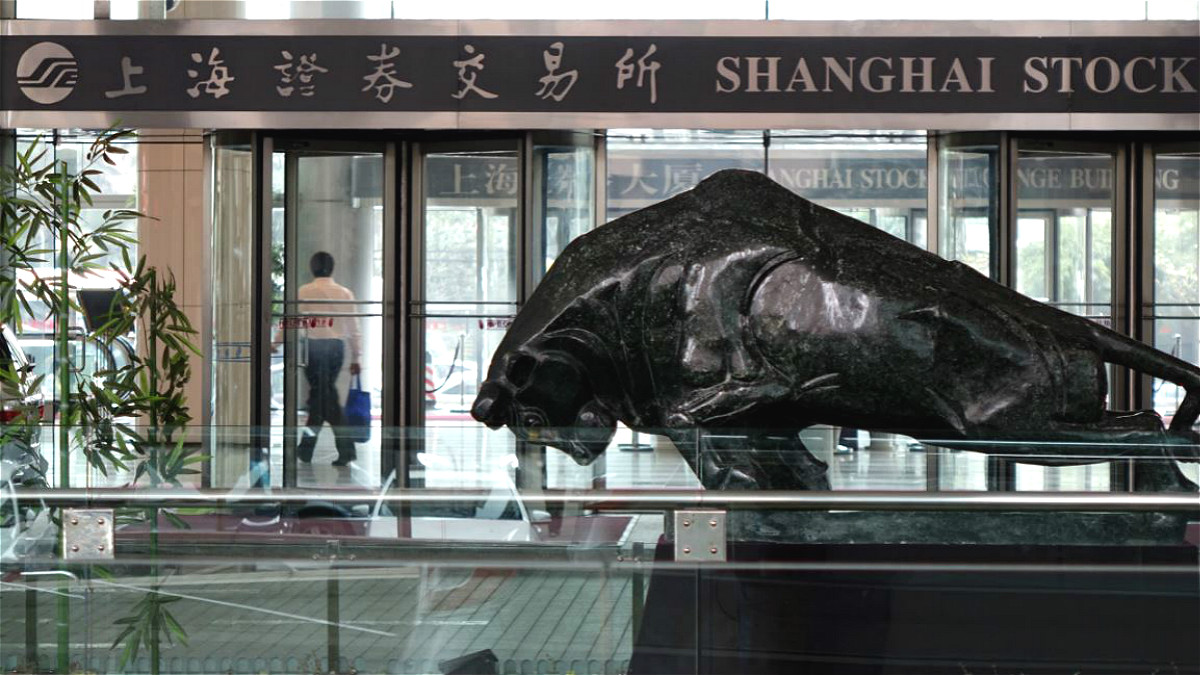(ATF) New investors trading on the China’s stock exchanges slumped last month as the coronavirus-led contraction in the country’s economy deterred market participants.
First-time investors on the Shanghai and Shenzhen bourses fell more than 13% between April and March to 1.6 million, although that was a 7.1% increase on the period last year, , according to the China Securities Depository and Clearing Corporation.
Daily average turnover in April was also down, to 241.51 billion yuan on the Shanghai bourse, a drop of 29% month-on-month, and 386.3bn yuan on the Shenzhen bourse, down 27%.
While China’s stocks have remained resilient during the coronavirus crisis, courtesy of multi-trillion dollar pledges of stimulus from the central bank, the impact of lockdowns on the real economy has been punishing. The impact on the was starkly underlined when China said its GDP contracted in the first quarter for the first time since the country opened up its economy in the early 1980s.
READ MORE: China exporters look inwards as virus hits overseas markets
The resultant trading volatility – stocks climbed to a two-year high a day after plunging in early March – has made it difficult for new investors to navigate the markets.
By the end of April, the total number of securities investors stood at 165 million, up 8.5% year-on-year.
Total settlements hit 120.44 trillion yuan ($17tn), up 3.1%.
Stocks on the two bourses have shown resilience against the COVID-19 impact with key indices up at the end of April from the end of March.
The Shanghai Stock Exchange (SSE) Composite Index closed the month 4% higher than at the end of March, the People’s Bank of China (PBoC) said in an online statement on Sunday.
The Shenzhen Stock Exchange (SZSE) Component Index closed at 10,721.78 points, up 7.6%.
























